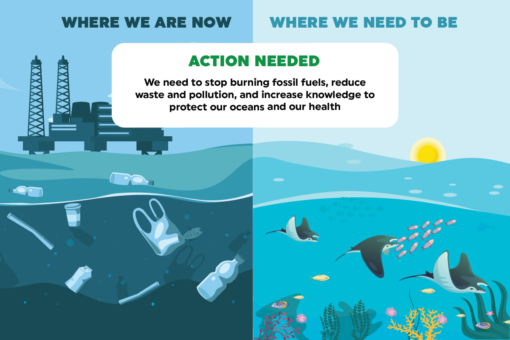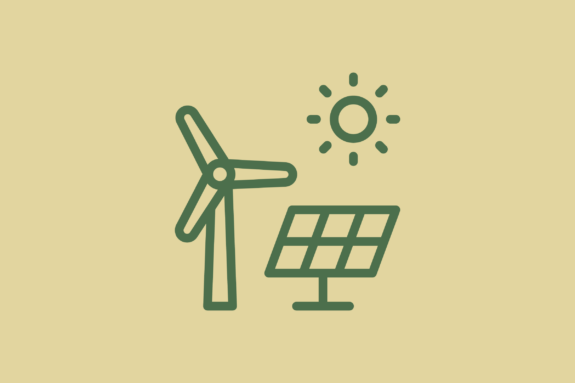
Fossil fuel mining and burning are the biggest drivers of global heating. Oceans are responsible for absorbing around one-third of the total carbon dioxide (CO2) and more than 90% of the excess heat released into the atmosphere. Higher levels of atmospheric greenhouse gas and heat are leading to acidification and warming of the oceans respectively, which in turn is harming marine life. Coral reefs constitute less than 1% of the ocean beds but provide shelter and breeding grounds to more than a quarter of marine life. Globally 14% of coral reefs were lost between 2009 and 2018 due to global warming and a further half will endure unsuitable conditions for survival by 2035.
There are over 12,000 offshore oil rigs worldwide and 184 of them operate in the North Sea. During the lifetime of these oil and gas platforms, they cause massive damage to deep water organisms. Evidence suggests that defunct platforms could support the reflourishing of marine organisms, such that marine life could be restored and regenerated with time, once oil rigs are abandoned.
Ocean acidification and coral reef loss can lead to harmful algal blooms which can adversely affect human health through the release of aerosolized toxins.
The rich biodiversity of the oceans offers substantial opportunities for discoveries and innovations in medical research. For example, coral reefs are a key source of marine products and could lead to the development of novel pharmaceuticals. Damage to this vast reservoir of potentially useful resources can be disadvantageous to health.
Climate change is melting glaciers and ice caps resulting in sea level rise, coastal erosion and flooding. This not only risks health and well-being through physical injuries, drowning, increased incidences of food and water-borne infections and poor mental health outcomes but also risks the loss of livelihoods, infrastructure, and food and water security. Marine and terrestrial animals and plants may also be damaged or destroyed during extreme weather events.
Although the effects of ocean acidification and heating are global, they are inequitable. The vulnerable communities and regions in the global south disproportionately bear the brunt of the adverse impacts.

End all subsidies, investments and new exploration for fossil fuels, while ensuring a just transition to renewable energy.
There must be no new offshore drilling for oil along with urgent phasing out of offshore oil rigs. There needs to be a simultaneous effort to switch to cleaner fuels. This could be achieved through a combination of wind, solar, hydroelectric and other renewable sources of energy.
